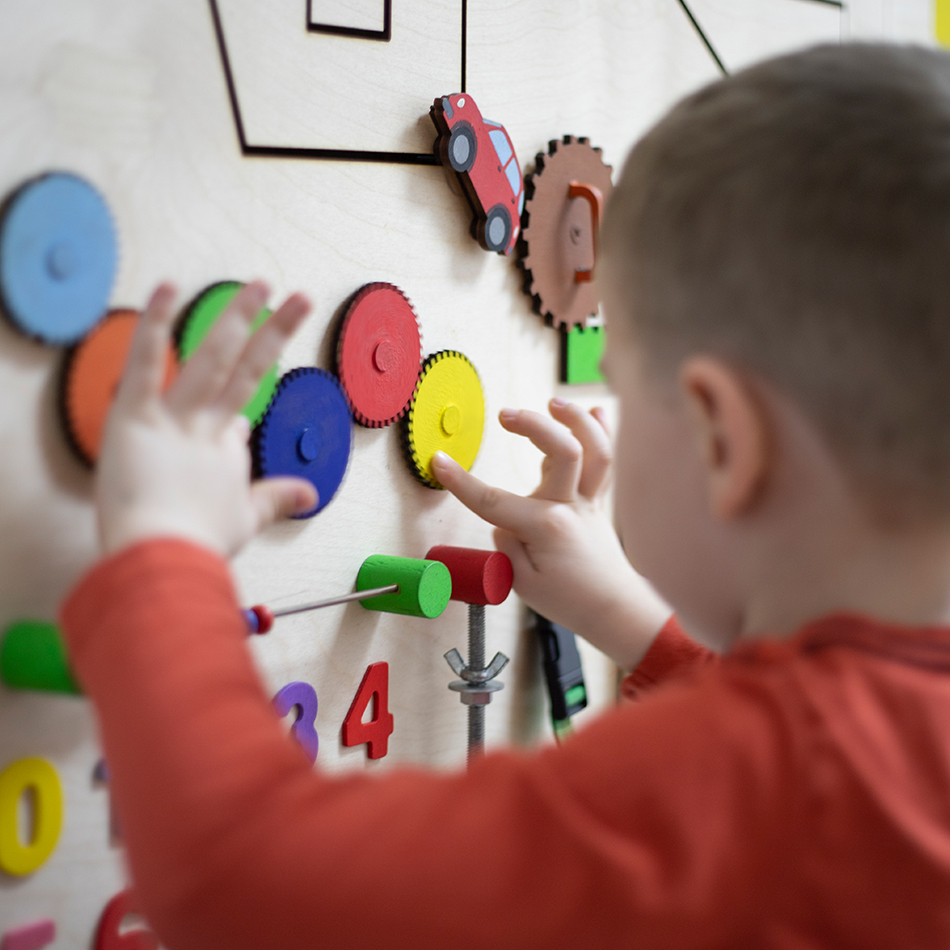
A child therapist is a licensed mental health professional who specializes in providing therapy services tailored to meet the unique needs of children and adolescents. However, choosing a child therapist requires careful consideration of qualifications and expertise to ensure the best outcomes for children and adolescents receiving treatment. When selecting a qualified child therapist near me, consider the following qualifications:
Relevant academic credentials:
A qualified child therapist should hold a relevant advanced degree. Typically, this includes a Master’s or Doctoral degree in fields such as psychology, social work, or counseling. For instance, a Master’s degree in Clinical Psychology or a Doctorate in Child and Adolescent Psychology ensures that the therapist has a thorough understanding of developmental psychology, therapeutic techniques, and mental health disorders specific to children.
Specialized training in child therapy:
Beyond general qualifications, specialized training in child therapy is essential. This includes completing courses and certifications that focus specifically on child and adolescent therapy techniques. Specialized training often covers areas such as play therapy, behavioral therapy, and cognitive-behavioral therapy (CBT), which are tailored to the unique needs of children. Look for therapists who have additional certifications or training in these areas, as it demonstrates their commitment to using effective, evidence-based approaches with young clients.
Licensure and certification:
Licensure is a key component of a child therapist’s qualifications. Ensure that the therapist is licensed by the relevant professional board in your region. For example, in the United States, therapists should hold a license such as Licensed Professional Counselor (LPC), Licensed Clinical Social Worker (LCSW), or Licensed Psychologist. These licenses indicate that the therapist has met the required standards for professional practice and adheres to ethical guidelines. Certification from professional organizations, such as the Association for Marriage and Family Therapy (AAMFT) or the National Board for Certified Counselors (NBCC), can also be an indicator of a therapist’s specialized skills.
Experience with child clients:
Practical experience is important in ensuring that a therapist is effective in working with children. Look for a therapist who has substantial experience in providing therapy to children and adolescents. Experience allows therapists to develop a deeper understanding of common issues faced by young clients and to tailor their approaches accordingly.
Strong communication and interpersonal skills:
Effective child therapists must possess excellent communication and interpersonal skills. They need to be able to engage with children in a manner that is both supportive and approachable. This includes the ability to communicate complex concepts in a way that is understandable for children, as well as building rapport and trust.